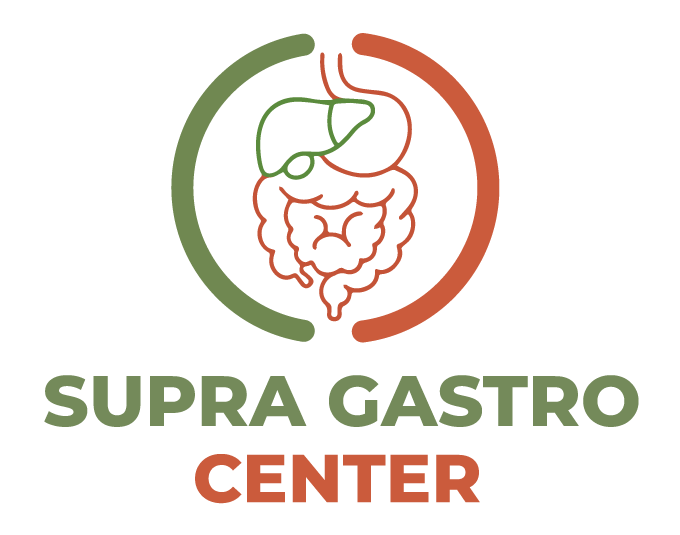Ventral hernias vary based on their location, size, and cause. Common types include incisional hernia (arising from surgical scars), epigastric hernia (upper abdomen), and umbilical hernia (near belly button). Each type may cause discomfort or complications if untreated. Proper diagnosis ensures appropriate treatment, ranging from observation to surgical repair for long-term relief.
-
Working Hours: 05.00PM - 09.00PM
-
Email : contactsupraclinic@gmail.comEmail : contactsupraclinic@gmail.com
-
Phone Number : +91 9347665652Phone Number : +91 9347665652

